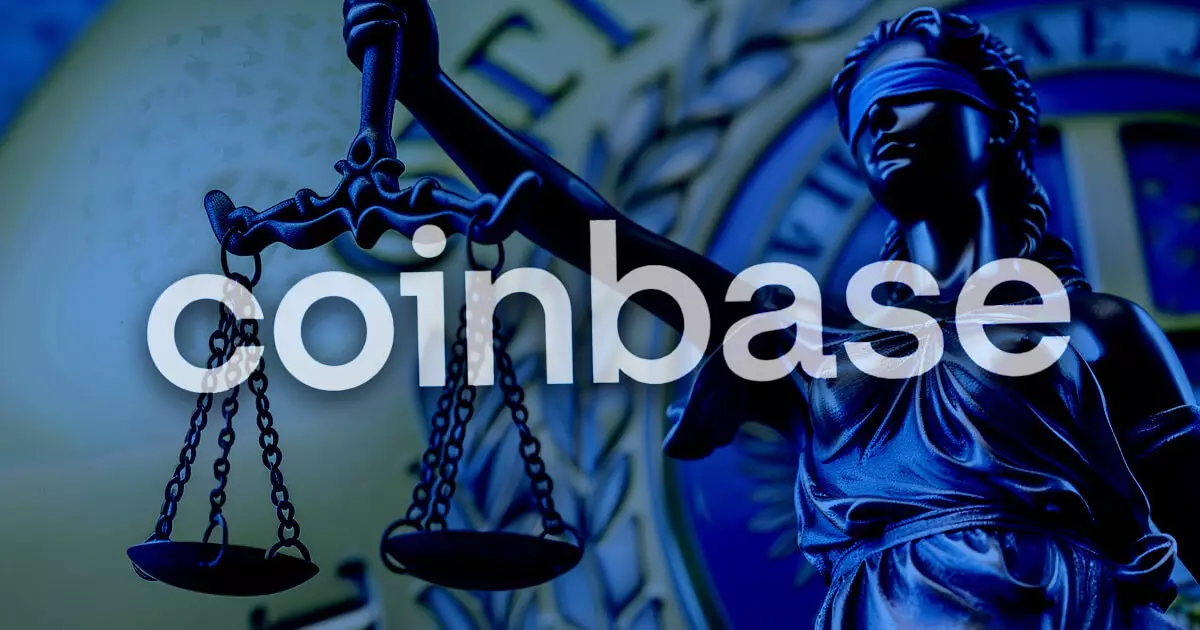In an escalating legal confrontation, Coinbase has initiated a motion for partial summary judgment against the United States Securities and Exchange Commission (SEC). This legal maneuver comes as the exchange seeks internal documents that could illuminate the SEC’s enforcement strategies concerning the cryptocurrency market. The lawsuit arises from the SEC’s denial of a Freedom of Information Act (FOIA) request from History Associates, an outsourcing company engaged by Coinbase to identify the agency’s position regarding digital currencies.
The SEC’s rationale for withholding these documents is based on FOIA Exemption 7(A), which is designed to protect records related to ongoing law enforcement activities. Nevertheless, the SEC conceded that the exemption might no longer be applicable. Yet, it continues to delay the review of these documents for an extensive period, claiming that a three-year timeframe is necessary to ensure thorough examination. Critics argue that such delays seem excessively prolonged and raise concerns about regulatory transparency. History Associates has expressed skepticism about the SEC’s justification, labeling the delays as unwarranted and obstructive.
In response to the SEC’s stalling tactics, Coinbase has proposed a two-track review system. This strategy aims to expedite the evaluation of SEC’s internal communications while postponing the examination of third-party documents. This approach underscores the urgency felt by Coinbase, given the broader implications of the case. The clarifications sought by Coinbase revolve primarily around how the SEC interprets securities laws as they apply to cryptocurrencies, an area where ambiguity reigns and where the absence of clear guidelines has led to uncertainty in the market.
The legal battle highlights a pivotal issue in the cryptocurrency sector: the absence of clearly defined criteria for determining which tokens qualify as securities. This uncertainty has created an environment of apprehension within the industry, as players grapple with the risk of regulatory action that could impact their operations. One specific area of interest for Coinbase is the SEC’s stance on Ethereum (ETH), especially following its transition from a proof-of-work to a proof-of-stake consensus model. Such changes in the protocol raise questions about its classification under existing securities laws.
Furthermore, the case references the SEC’s earlier actions against EtherDelta’s founder, Zachary Coburn, marking a definitive moment in the agency’s enforcement efforts within the decentralized finance (DeFi) sphere. The consequences of this legal engagement, which resulted in Coburn incurring nearly $400,000 in penalties, reverberate throughout the industry, instilling a degree of apprehension among entrepreneurs and investors alike.
The ramifications of Coinbase’s lawsuit against the SEC stretch beyond the immediate documents requested. They reflect a critical juncture in which the cryptocurrency industry is insisting on clarity and fairness in regulatory practices. As the case unfolds, all eyes will be on how the SEC navigates its obligations and the precedent this case may set for the future of digital assets across the nation.

